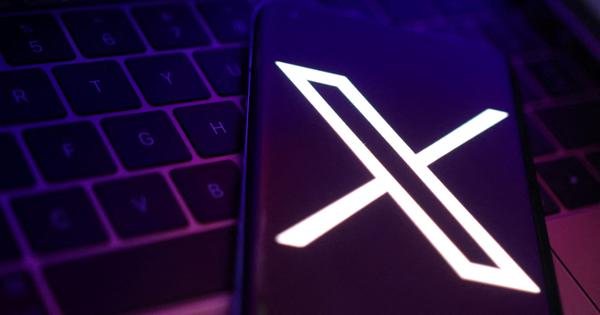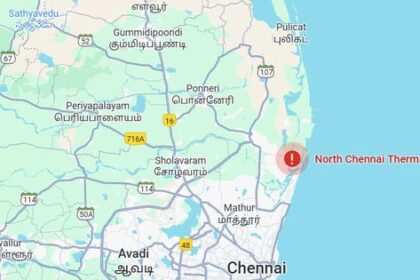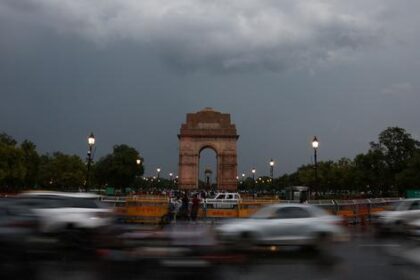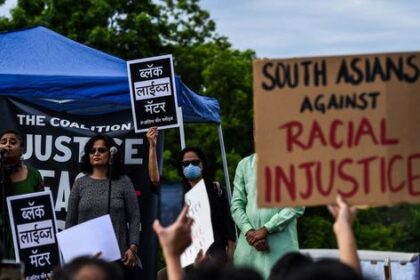Social media platform X expresses deep concern over Karnataka HC’s decision regarding the Sahyog portal.
Social media platform X has expressed significant concern regarding the recent ruling by the Karnataka High Court, which upheld the legality of the Sahyog portal established by the Union government. The platform announced its intention to appeal the court’s decision, emphasizing its commitment to defending free expression.
The Sahyog portal, developed by the Indian Cyber Crime Coordination Centre, aims to streamline the process for issuing takedown orders related to online content. X has labeled the portal as a “censorship portal,” arguing that the Information Technology Act does not provide a legal framework for such a system or mandate social platforms to appoint a nodal officer for its operation.
On September 24, the Karnataka High Court affirmed the validity of the Sahyog portal, underscoring the necessity for regulatory oversight of social media platforms functioning within India. The court remarked that social media should not exist in a state of “anarchic freedom,” indicating the need for some level of governance.
In its statement, X raised concerns that the court’s order would enable millions of police officers to issue arbitrary takedown orders through a secretive online portal. The platform contended that this new regulatory framework lacks a legal foundation and infringes upon the constitutional rights of Indian citizens regarding freedom of speech and expression.
X acknowledged its respect for Indian law but criticized the order for failing to address core constitutional issues raised in its challenge. The platform pointed out that the ruling is inconsistent with a recent decision from the Bombay High Court, which deemed similar provisions unconstitutional. This earlier ruling struck down elements of the 2023 Information Technology Amendment Rules, particularly those that would have allowed the government to create a fact-checking unit to identify and act against what it termed “fake news.”
The Bombay High Court’s decision highlighted the potential for misuse of authority, as the proposed unit would have had the power to label any information regarding the Union government as false.
X’s concerns extend to the implications of the Sahyog portal, which the platform claims circumvents existing legal provisions under Section 69A of the Information Technology Act. This section outlines the conditions under which online intermediaries may lose their safe harbour status, which protects them from liability for user-generated content.
The Karnataka High Court had characterized the Sahyog portal as “far from being a constitutional anathema” and suggested that it serves as an instrument of public good. Furthermore, the court noted that X complies with takedown orders in the United States but has shown reluctance to do so in India, which it deemed unacceptable.
X previously challenged the government’s authority to block content in 2022, filing a petition against orders that mandated the blocking of entire accounts instead of targeting specific posts. This ongoing legal battle underscores the tensions between social media platforms and regulatory frameworks in India.








